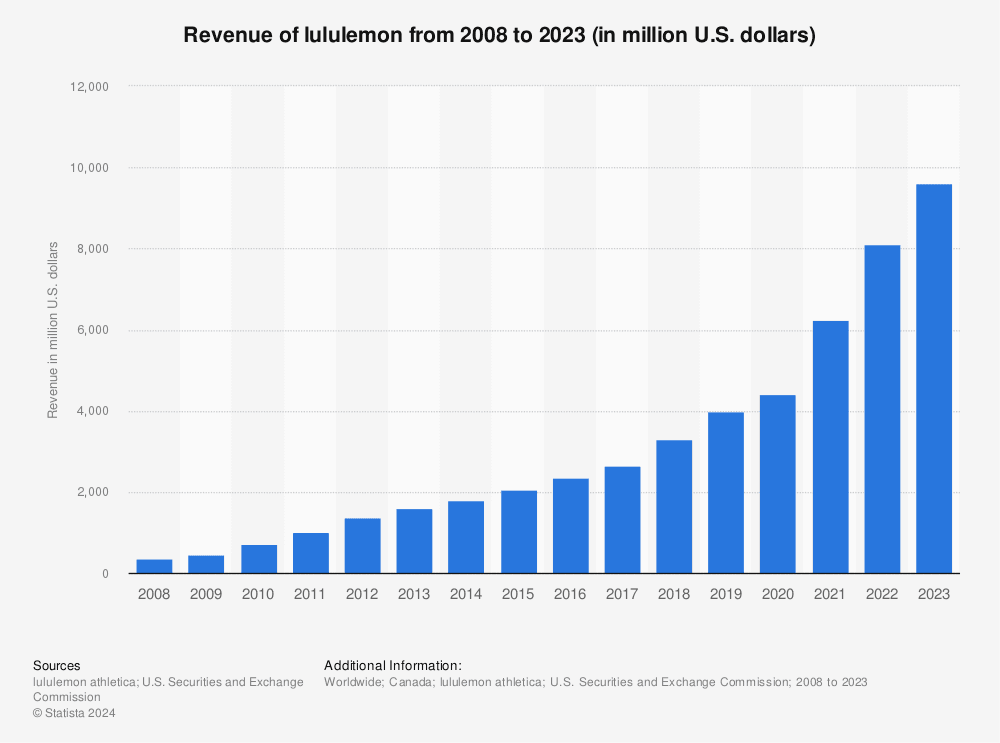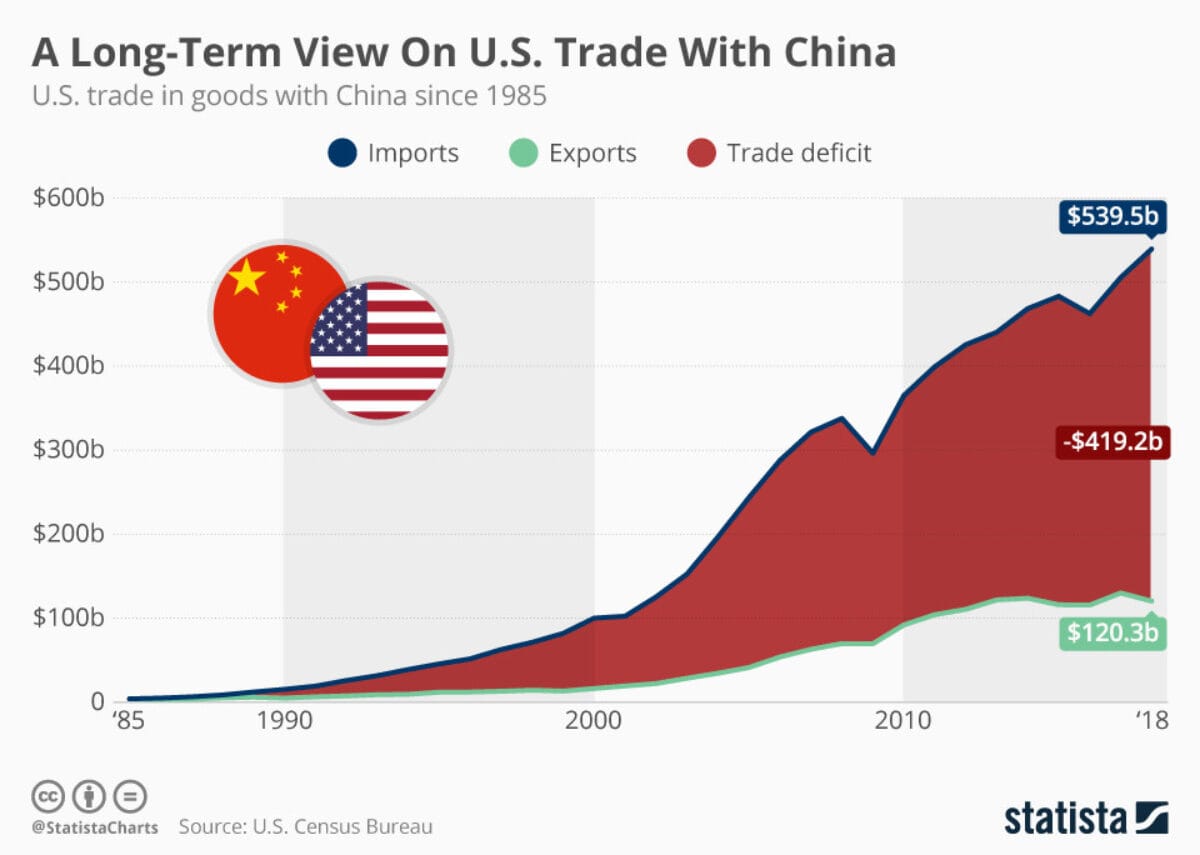The Republican Party has long championed tax cuts as a cornerstone of its economic policy, aiming to stimulate growth and enhance competitiveness. However, as the party navigates the complexities of implementing these tax reforms, it faces significant challenges, particularly from the financial markets. Wall Street’s reactions to proposed tax cuts can have profound implications for the GOP’s agenda, potentially derailing or complicating their efforts.
One of the primary ways Wall Street could impact the GOP’s tax cut plans is through investor sentiment. Financial markets are highly sensitive to political developments, and any indication that tax cuts may not materialize or could be less impactful than anticipated can lead to volatility. If investors perceive that the GOP is struggling to pass its tax reform agenda, they may react by pulling back on investments, which could lead to a decline in stock prices. This, in turn, could create a negative feedback loop, where falling stock prices further erode confidence in the GOP’s economic policies.
Moreover, the timing of tax cuts is crucial. If Wall Street anticipates that tax cuts will be delayed or significantly altered, it may adjust its expectations for corporate earnings and economic growth. This adjustment can lead to a reassessment of stock valuations, which could have a cascading effect on the broader economy. A decline in market confidence can also impact consumer spending, as individuals may feel less secure about their financial futures in a volatile market.
Another factor to consider is the potential for increased scrutiny from financial analysts and investors. As the GOP outlines its tax cut proposals, Wall Street will likely conduct thorough analyses to assess the potential impacts on various sectors. If analysts determine that the proposed tax cuts disproportionately benefit certain industries or wealthy individuals, it could lead to public backlash and increased pressure on lawmakers to revise their plans. This scrutiny can create a challenging environment for the GOP, as they must balance the interests of their constituents with the expectations of Wall Street.
Additionally, the relationship between Wall Street and the GOP is not merely one of influence; it is also one of financial support. Many Republican candidates rely on contributions from Wall Street firms and wealthy investors to fund their campaigns. If the GOP’s tax cut plans are perceived as unfavorable or ineffective, it could lead to a withdrawal of financial support from these key stakeholders. This loss of funding could hinder the party’s ability to promote its agenda and secure victories in future elections.
The broader economic context also plays a significant role in how Wall Street interacts with the GOP’s tax cut plans. For instance, if the economy is experiencing robust growth, there may be greater enthusiasm for tax cuts, as investors anticipate that lower taxes will lead to increased corporate profits. Conversely, if the economy is facing challenges, such as rising inflation or slowing growth, Wall Street may be more skeptical of tax cuts, viewing them as insufficient to address underlying economic issues. This skepticism can further complicate the GOP’s efforts to rally support for its tax reform initiatives.
Furthermore, the potential for unintended consequences must be considered. Tax cuts can lead to budget deficits, which may prompt concerns among investors about the long-term fiscal health of the country. If Wall Street perceives that the GOP’s tax cuts could exacerbate deficits, it may lead to increased borrowing costs and a decline in the value of the U.S. dollar. Such outcomes could undermine the very economic growth that the GOP seeks to achieve through its tax reform efforts.
In conclusion, the interplay between Wall Street and the GOP’s tax cut plans is complex and multifaceted. Investor sentiment, market reactions, and the broader economic landscape all contribute to how these tax reforms are perceived and implemented. As the Republican Party moves forward with its agenda, it must navigate these challenges carefully, recognizing that Wall Street’s influence can either bolster or hinder its efforts. The success of the GOP’s tax cut plans may ultimately depend on its ability to maintain investor confidence while addressing the concerns of its constituents.



